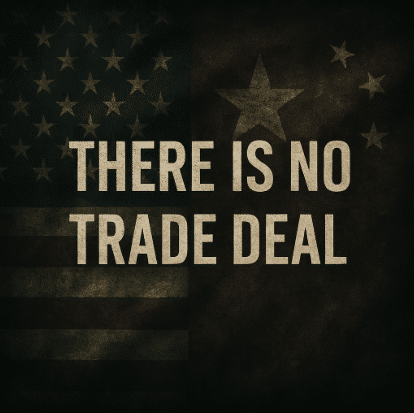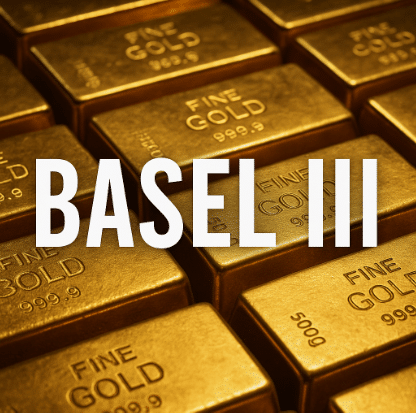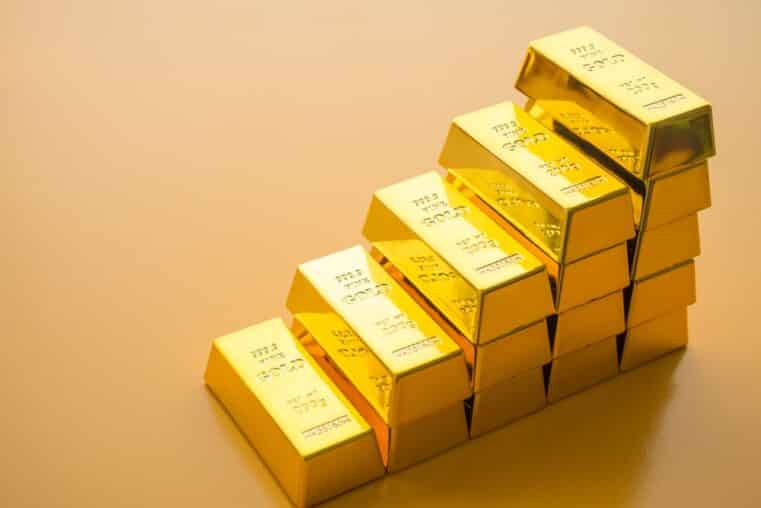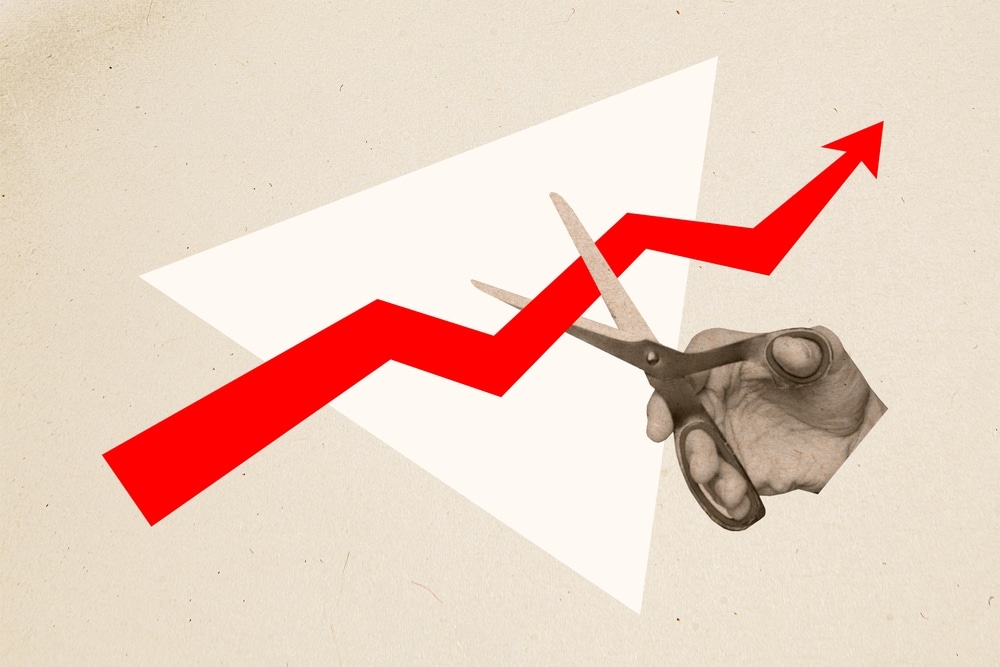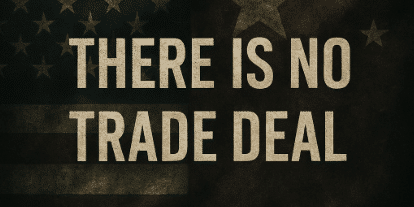
The Truth: There is NO U.S.-China “Trade Deal”
The Truth Behind the Tariff “Pause”: A Tactical Retreat, Not a Victory
Let’s not sugarcoat this—there is no trade deal. What we have is a 90-day ceasefire, a mutual “cooling off” period that gives both the U.S. and China time to re-strategize. Yet if you listened to cable news today, you'd think Trump had brokered peace in our time. Stocks soared, pundits gushed, and even partisan hacks were popping the champagne. But let’s not confuse euphoria with reality.
What was really signed is a brief suspension, not a solution. It's a tariff détente, not a trade treaty. We’re simply pumping the brakes before the supply chain completely breaks.
Tariff Rates Are Still Brutally High—Don’t Be Fooled
Yes, some tariffs are being temporarily rolled back, but don’t mistake this for economic relief. While U.S. exports to China will face a “mere” 10% tariff, most Chinese exports coming into the U.S. are still hit with a brutal 50% combined tariff rate. That’s the 10% base rate plus a fentanyl-related 20%, on top of Trump-era Section 301 and 232 tariffs.
The White House is doing what it always does—playing word games. They’ve technically lifted some of the tariffs imposed in early April, but most of the existing duties remain firmly in place. The official government line? These tariffs are the new floor, not a ceiling. Translation: they aren’t going away—even if a permanent deal gets inked.
A Controlled Burn of Globalization
Treasury Secretary Scott Bessent is now openly stating that this is part of a larger “decoupling” strategy—Washington’s polite term for the messy divorce from cheap Chinese imports. They’re finally admitting what many of us have been warning about for years: globalization is unraveling, and the American consumer is about to pay the price.
Decoupling means higher costs. Full stop. And the working class—the folks who live paycheck to paycheck, who shop at Walmart, Target, and the Dollar Store—will be hit hardest. Expect price spikes on thousands of products, from electronics to socks. The downward pressure on your standard of living isn’t theoretical—it’s already here.
Beijing Cheers While Wall Street Dances
Meanwhile, the Chinese Communist Party is spinning this as a massive victory. Their propaganda machine is in full bloom, celebrating how their “firm countermeasures” forced the U.S. to blink. They gave up little, but earned breathing room—and legitimacy. They walked into Switzerland with saber rattling and walked out with global credibility.
This isn’t diplomacy; it’s damage control dressed in diplomatic garb. And both sides are selling it as a win to their domestic audiences. But the truth? It's a strategic timeout in a longer economic war.
Recession Warning Lights Are Flashing
Even with this temporary thaw, Americans are facing the highest effective tariff rate since 1934—a whopping 17.8%according to the Yale Budget Lab. That should ring historical alarm bells. We all know what came after the Smoot-Hawley Tariff Act: breadlines, bankruptcies, and global depression.
Today’s interconnected world won’t weather this any better. Global manufacturing is seizing up. Case in point: Nissan just announced 20,000 job cuts. That’s not belt-tightening—it’s corporate triage. Layoffs are spreading. Credit is tightening. Consumer demand is weakening. And the government? They’re still busy inflating the currency and pretending this is all under control.
The Bottom Line: This Isn’t Over—It’s Just the Beginning
So yes, this 90-day pause may buy a little time and avert an immediate crisis. But don’t mistake a delay for a solution. A 50% tariff on Chinese goods still stands. Inflation will continue to eat away at purchasing power. And the supply chain chaos that’s been years in the making is far from resolved.
The American middle class is already on life support—and this latest charade only accelerates the decay. The headlines may scream "progress," but the economic rot runs deeper than ever.
If you’re not preparing now, you’re already behind.
👉 Download Bill Brocius’ 7 Steps to Protect Your Account from Bank Failure before the next crisis hits:
Then go deeper with Bill’s book End of Banking As You Know It, and subscribe to the Inner Circle newsletter ($19.95/month) to receive exclusive breakdowns that cut through the noise and offer real steps to safeguard your wealth.




